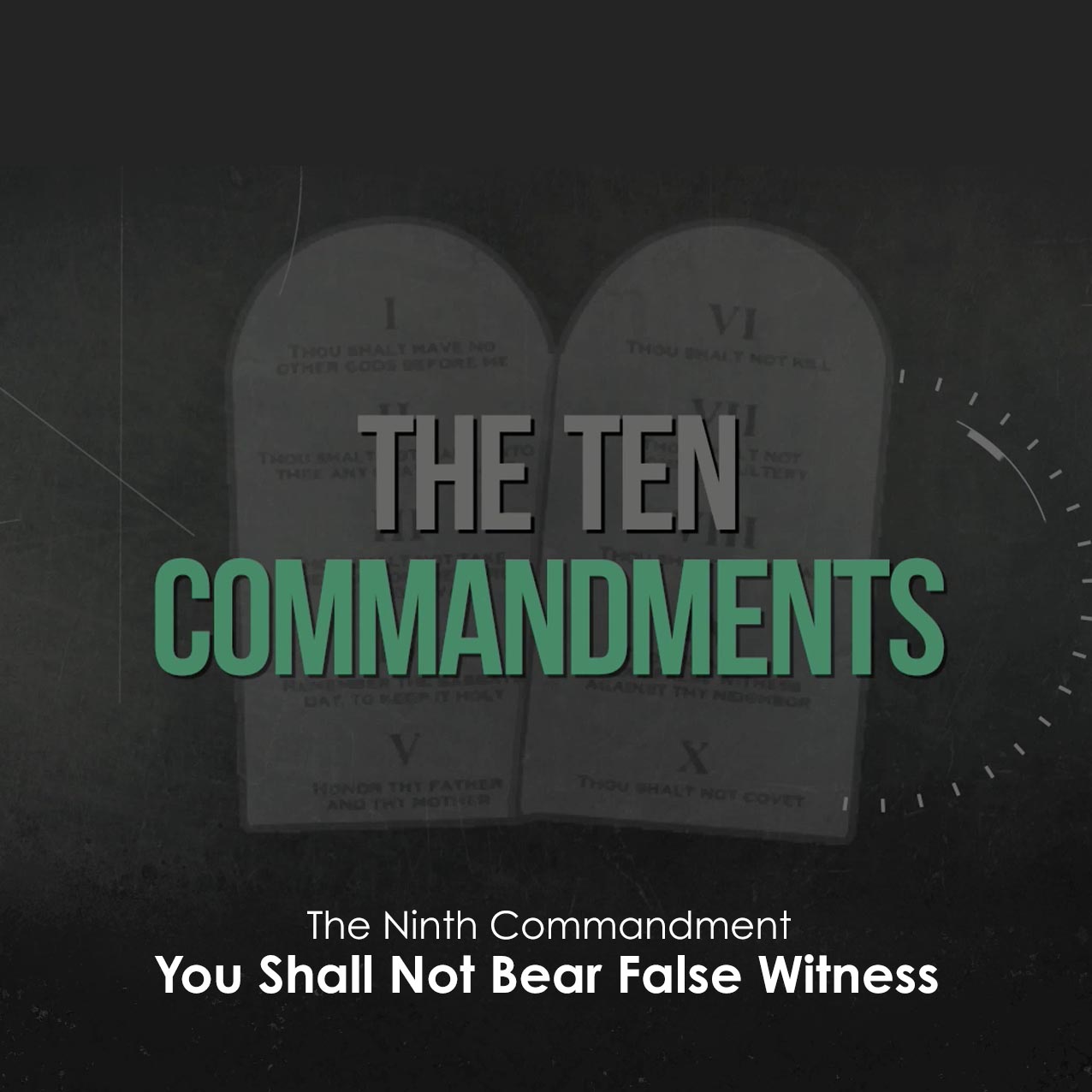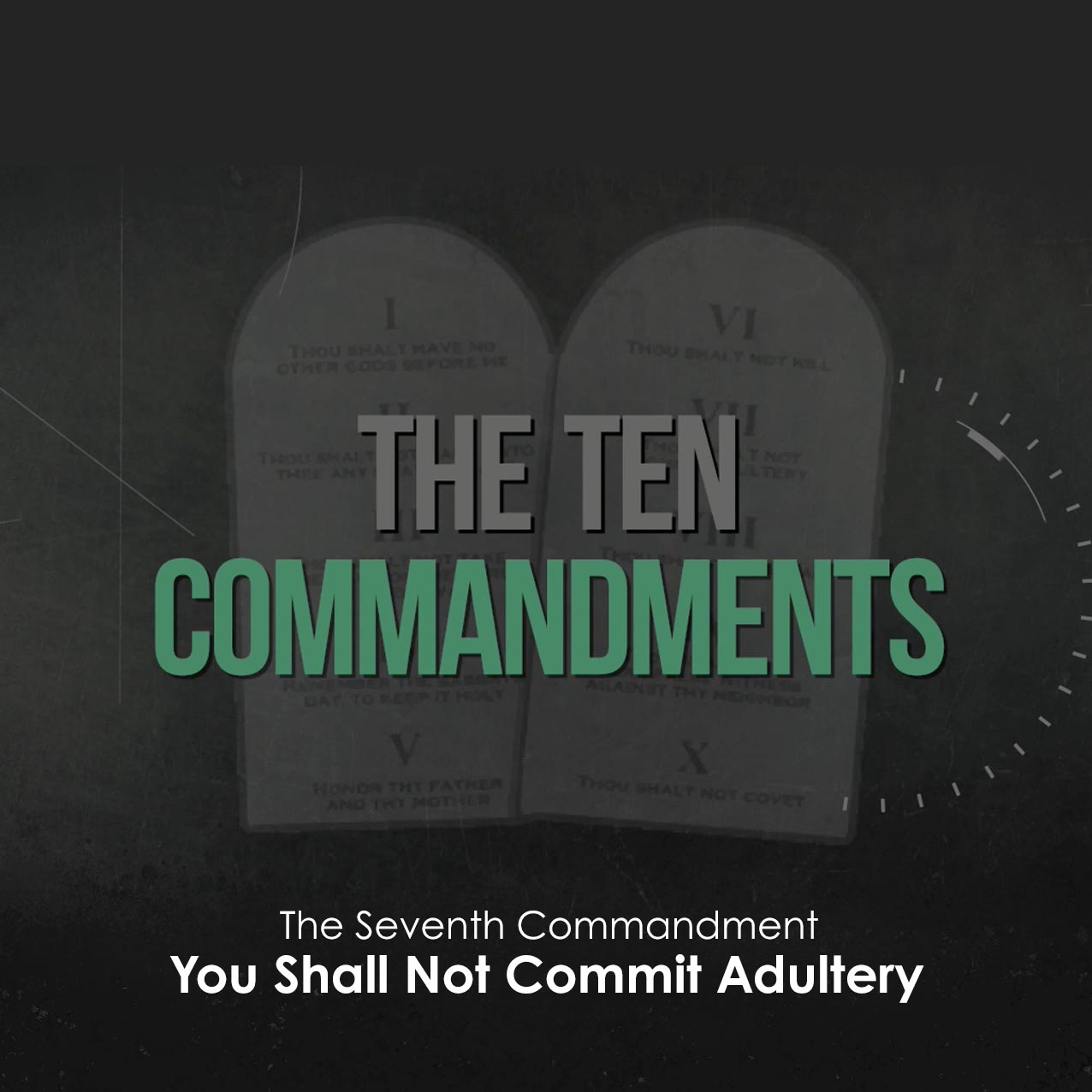Vintage Jesus: “Militant Culture War Jesus” vs. The Prodigal Son
It seems there are many versions of Jesus now.
Some people are using Jesus to support their own materialism, prejudices, and political agendas. Projecting their own views onto Jesus and distorting Christianity to fit their own narrative, it is as though some are creating Jesus in their own image.
In this series we want to discover the authentic Jesus we encounter in the Gospels by exploring some of His most famous parables. Parables are short stories that illustrate a spiritual point, and parables are one of Jesus’ most common teaching devices.
If you want to follow the actual Jesus we encounter in the Gospels, join us for this series on parables, Vintage Jesus: Spotting the Authentic Jesus in A World of Newly Invented Fakes.
Sermon Schedule
August 1- “Militant Jesus” vs. The Prodigal Son
August 8- “Prosperity Gospel Jesus” vs. The Rich Man and Lazarus
August 15- “Anti-Outsider Jesus” vs. The Great Banquet
August 22- “Nice Guy Jesus” vs. The Barren Fig Tree
August 29- “Political Party Jesus” vs. The Mustard Seed
September 5- “Nationalist Jesus” vs. The Good Samaritan
Join us as we explore some of His most famous parables so that we can spot the authentic Jesus in a world of fakes.










